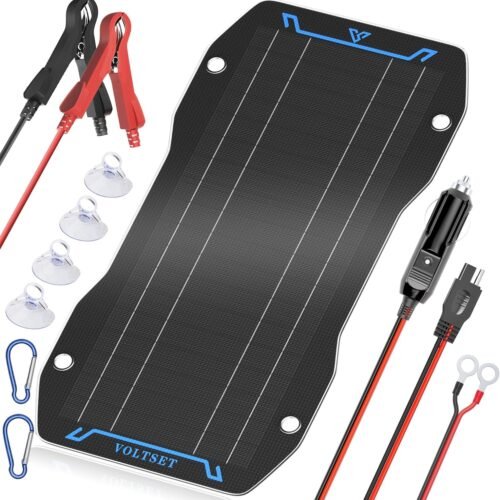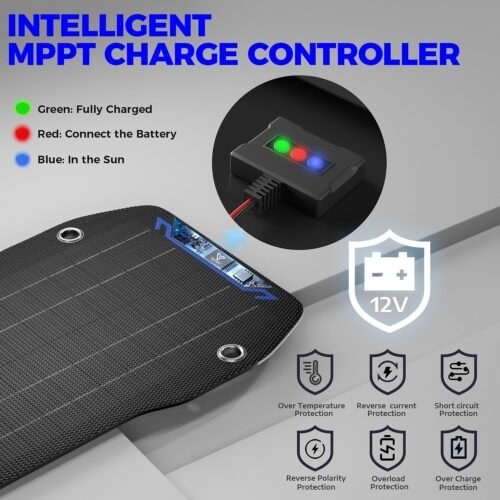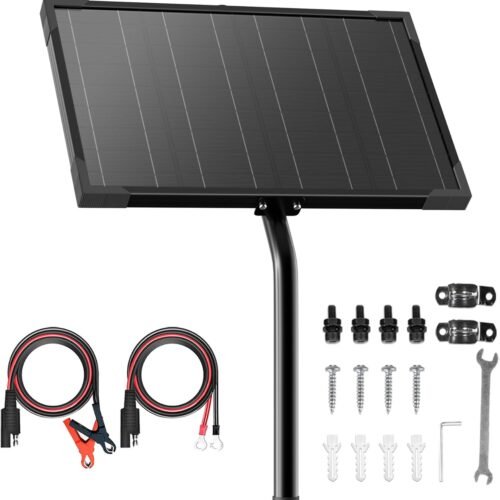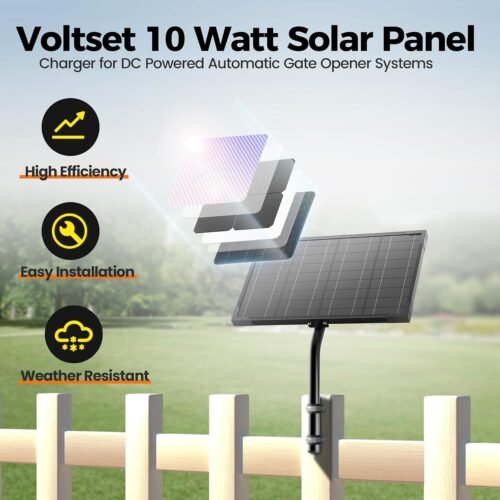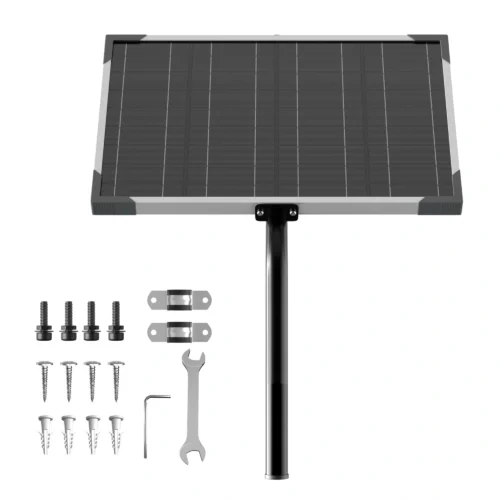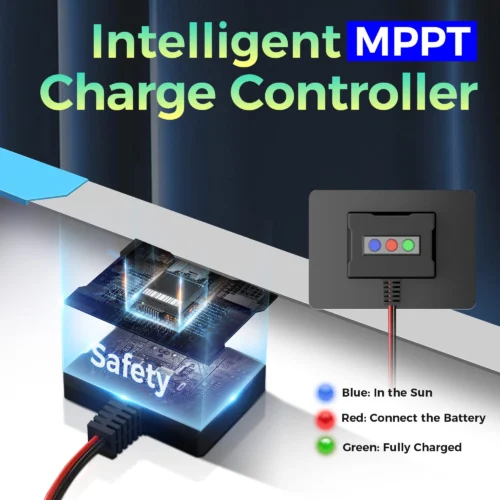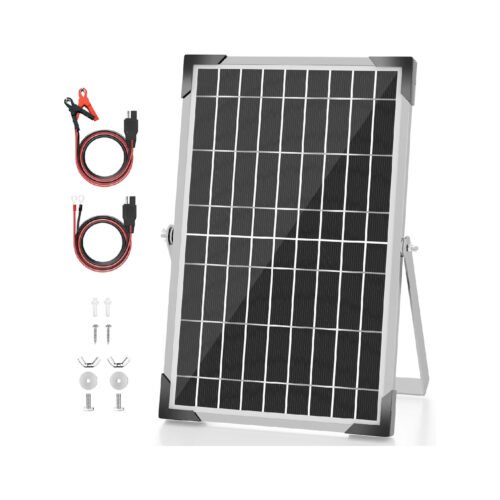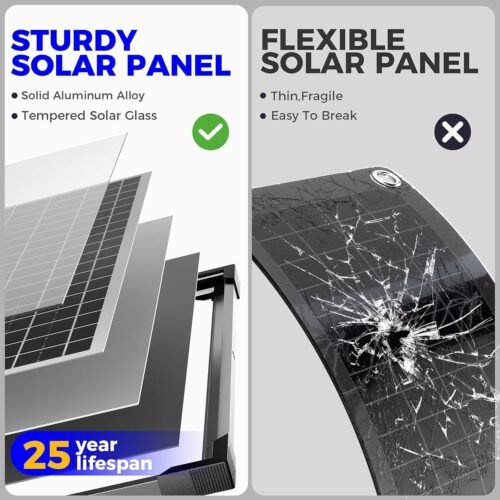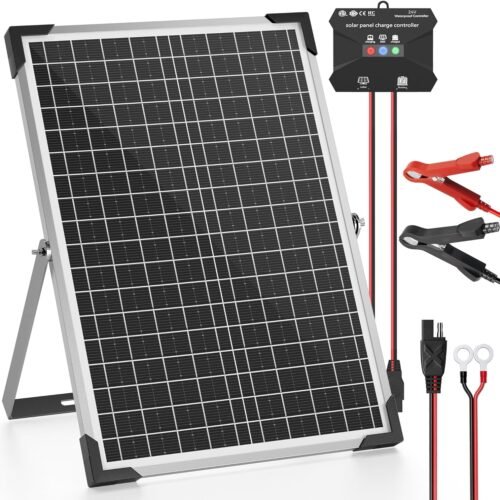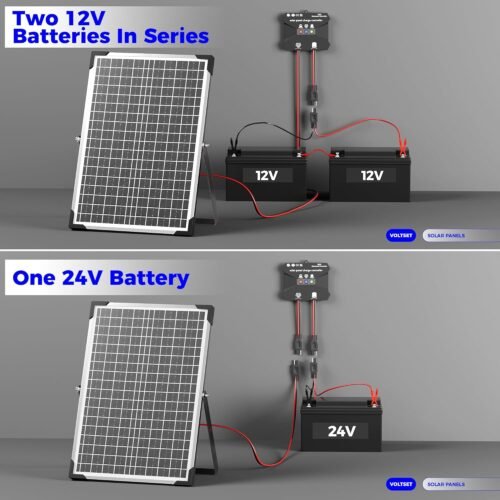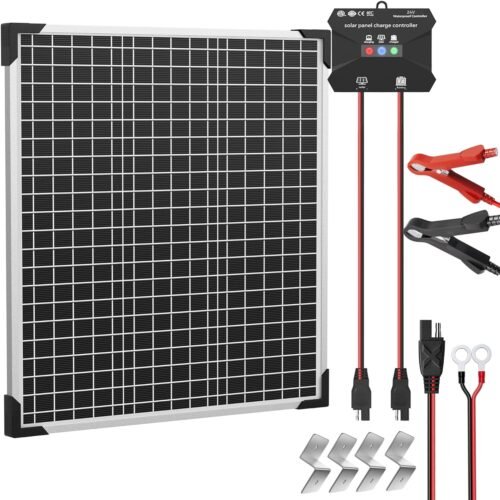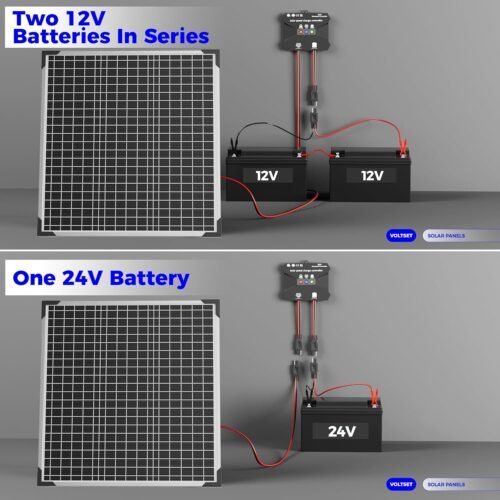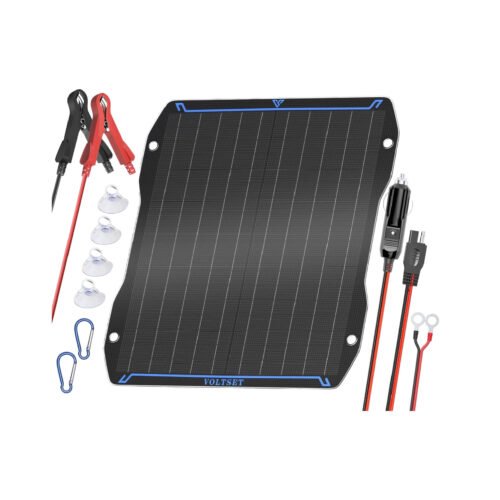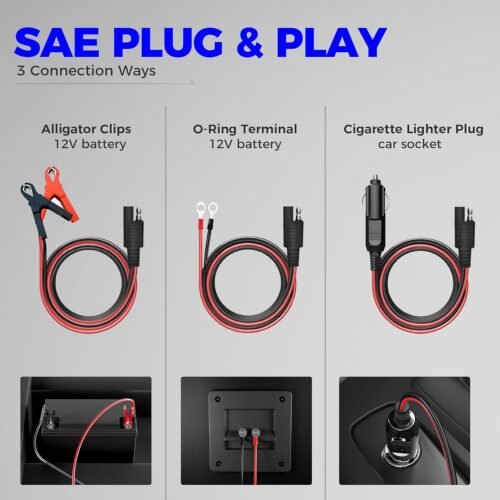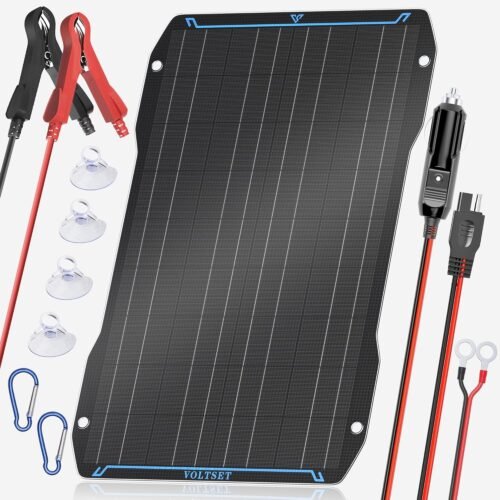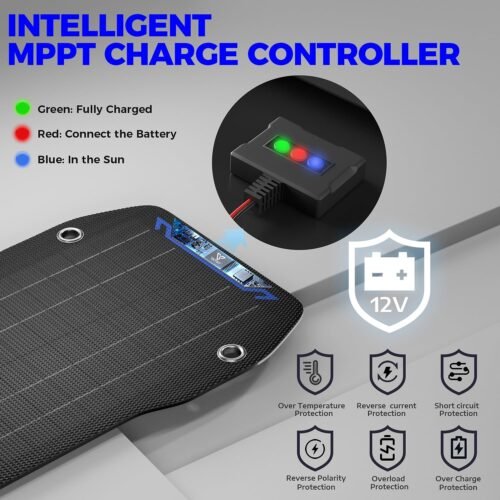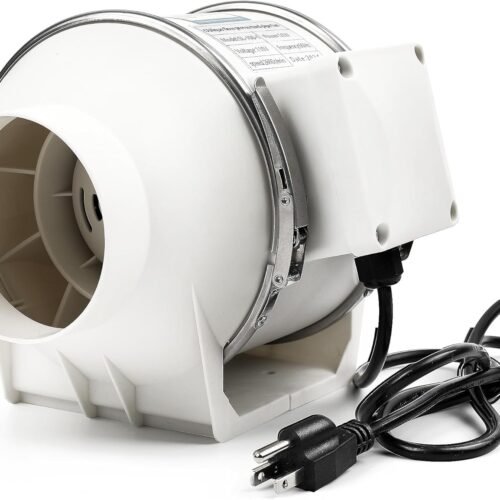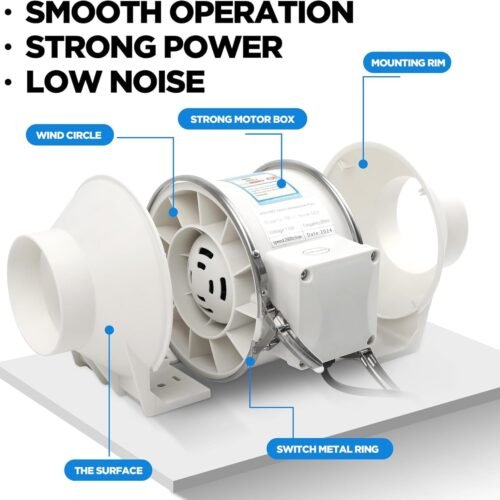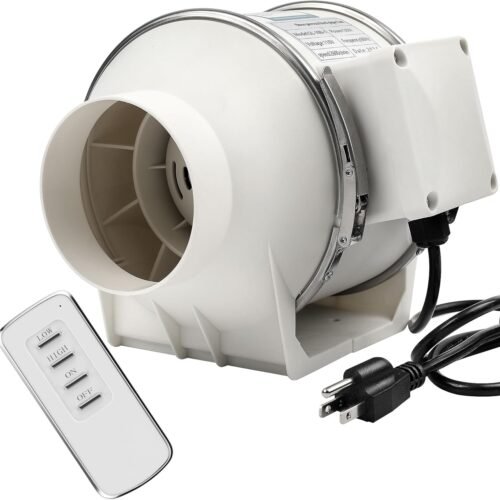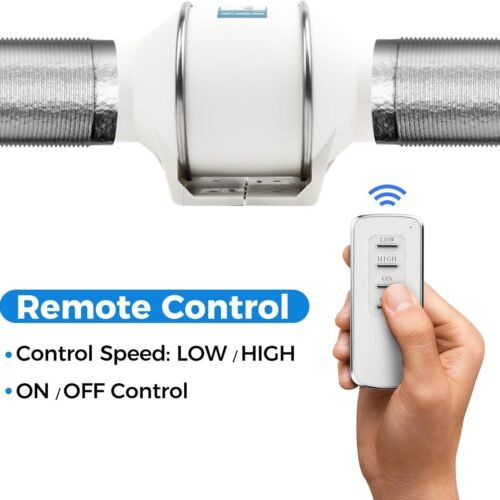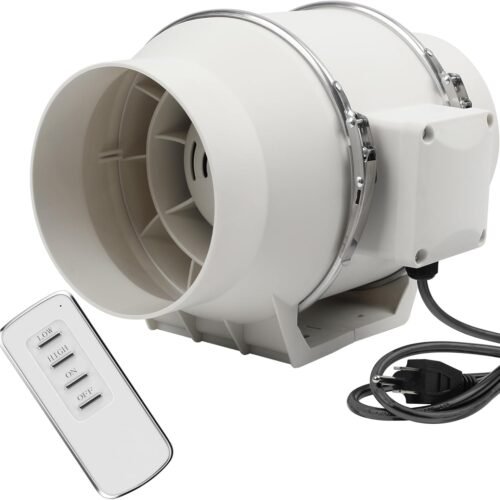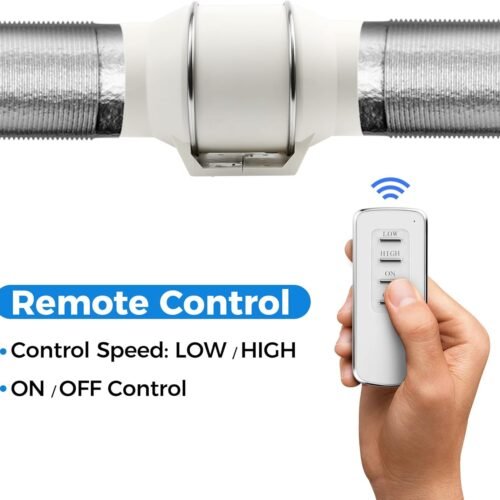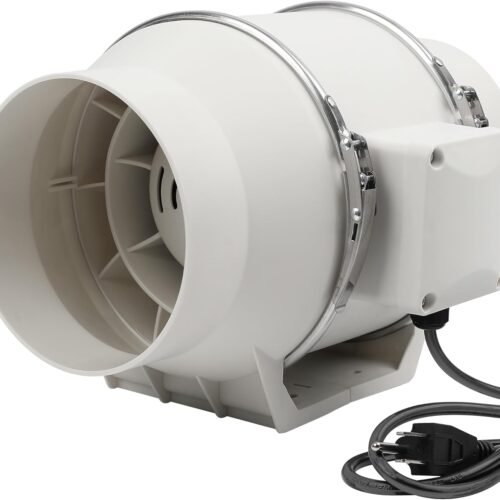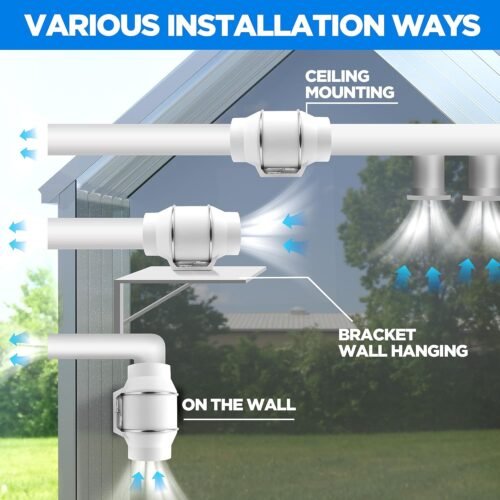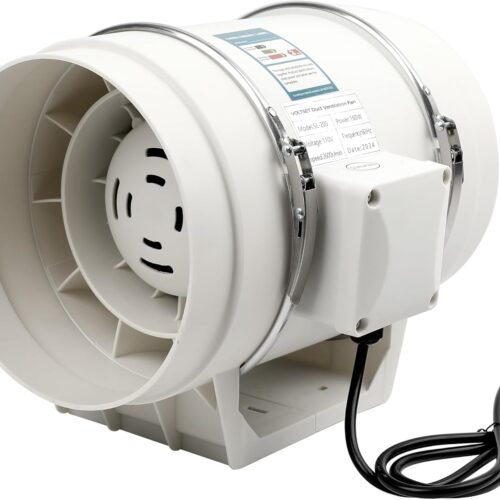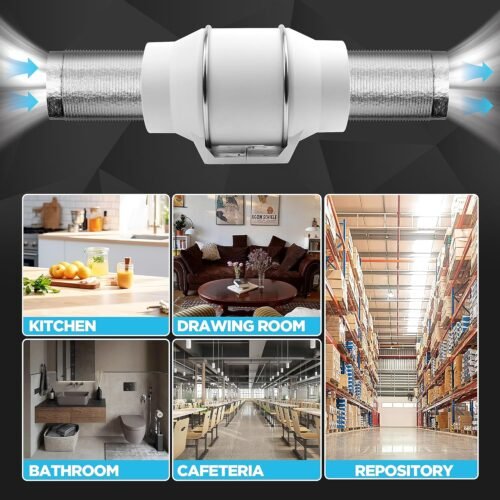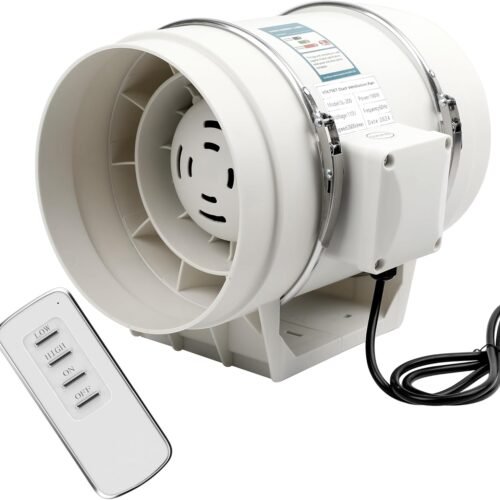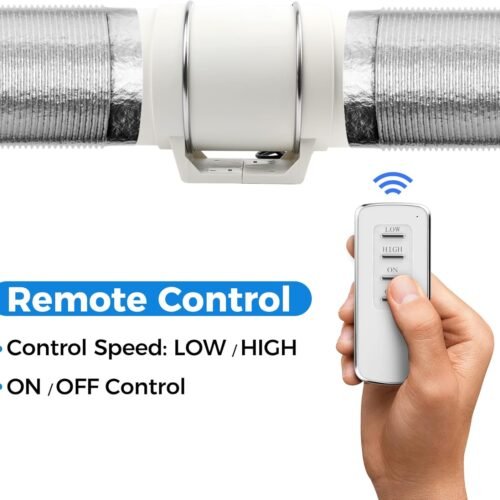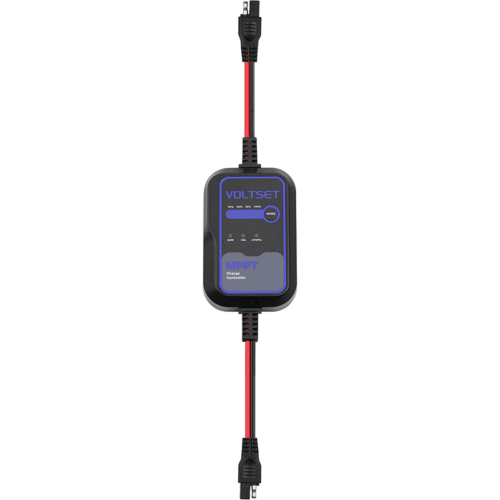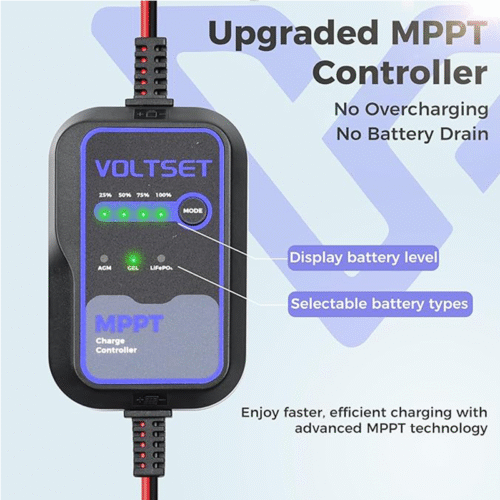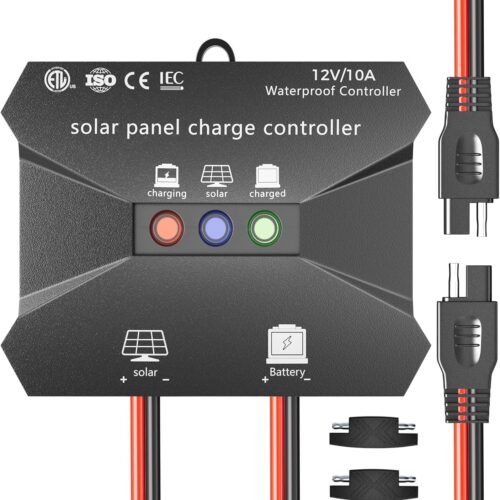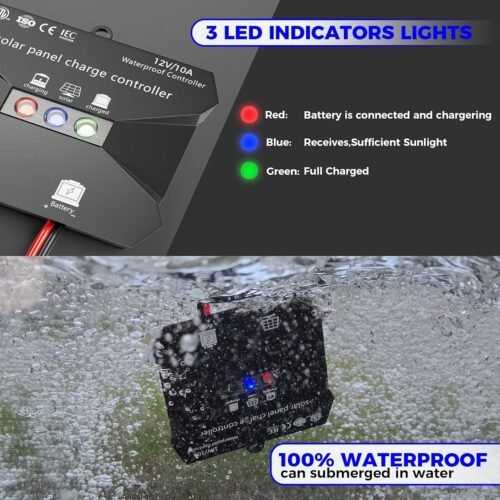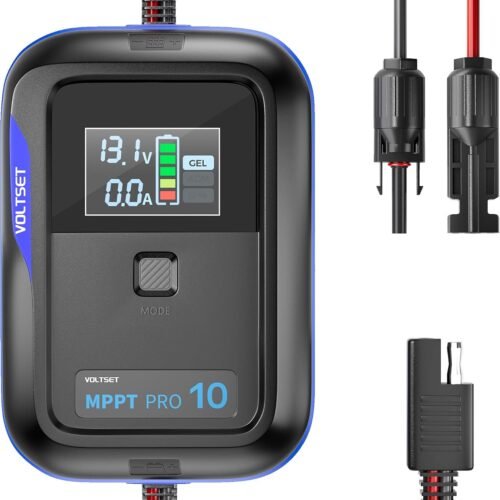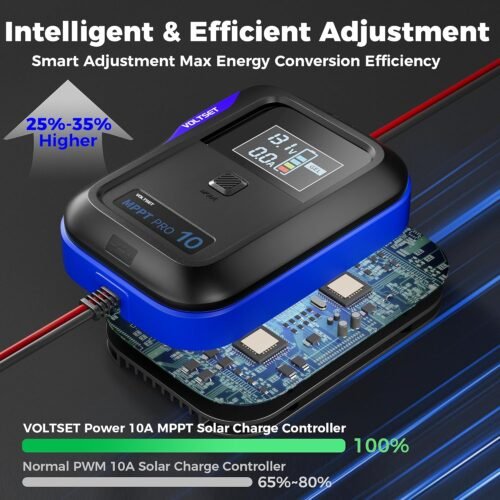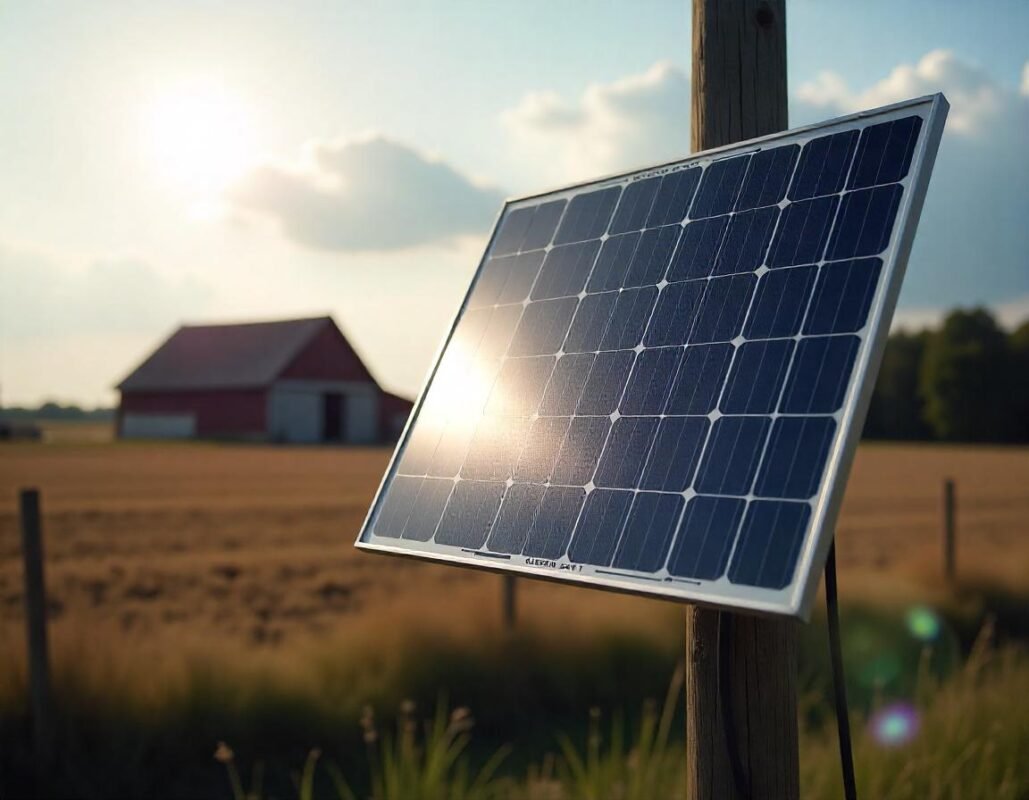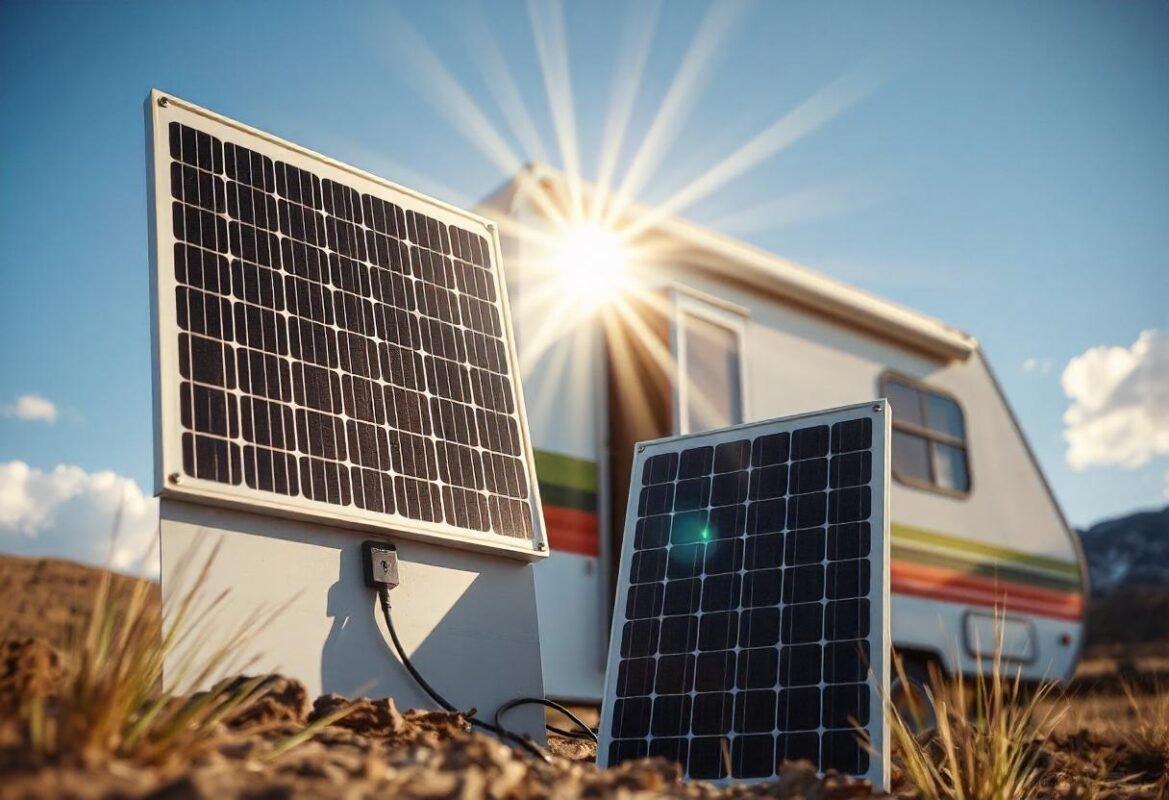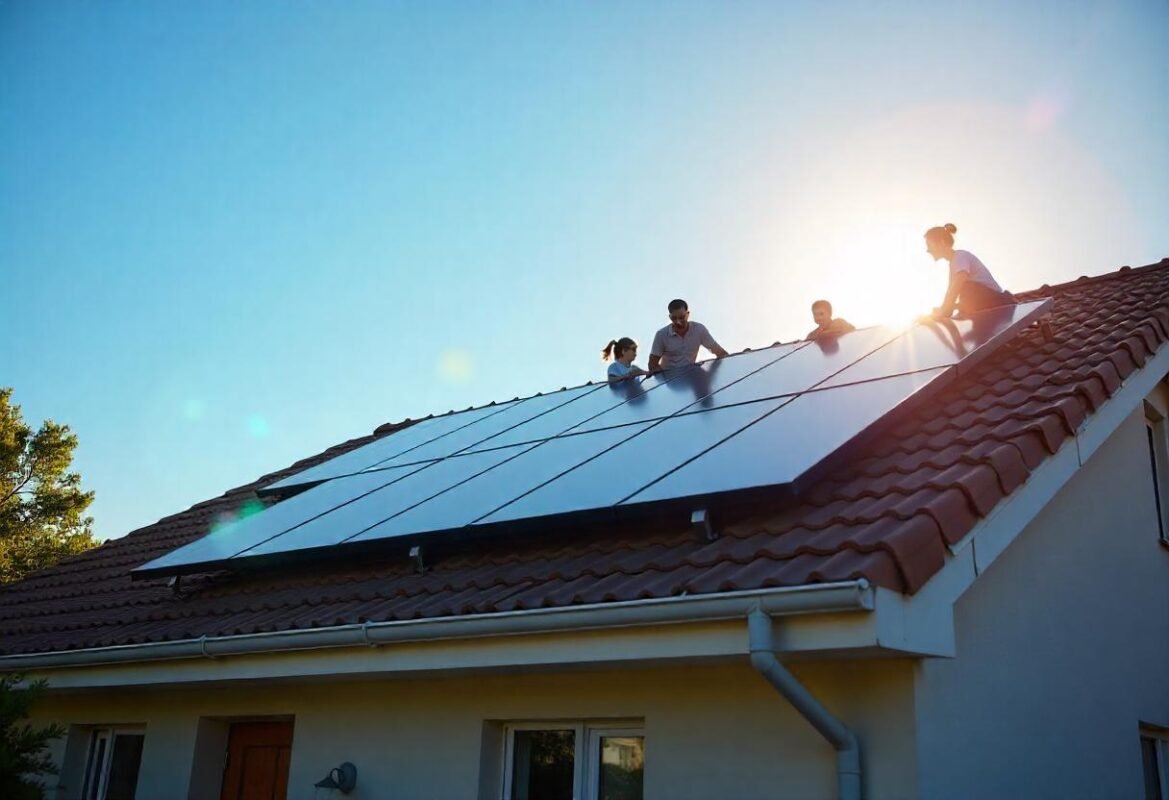Monocrystalline and Polycrystalline Solar Panels – What’s the Difference and Which Is Best for You
As more people turn to solar power for clean affordable energy choosing the right panel type is more important than ever Voltset offers both monocrystalline and polycrystalline solar panels built for performance reliability and long-term savings Understanding the key differences between these two technologies can help you decide which Voltset panel is the best fit for your project
Whether you are powering an RV installing rooftop solar on your home or setting up an off-grid system Voltset provides high quality options for every use case This guide breaks down the differences between monocrystalline and polycrystalline solar panels and how Voltset supports each choice with durable energy solutions

What Are Monocrystalline Solar Panels
Monocrystalline solar panels are made from a single continuous crystal structure of silicon This gives the cells their signature smooth black look and high efficiency Voltset monocrystalline panels are engineered to offer strong power output in compact spaces making them ideal for users who want to get the most energy from a limited area
The 12V and 24V monocrystalline solar panel collections from Voltset serve the needs of RV owners cabin dwellers and homeowners with their rooftop systems that use these panels
What Are Polycrystalline Solar Panels
The manufacturing process of Voltset polycrystalline panels involves melting several silicon fragments to create a distinctive blue mosaic-like surface because these panels generate reliable power effectively at reduced upfront costs which makes them perfect for installation with large surface areas when space is available.
The panels from Voltset serve as the main components in their solar panel kits designed for farm sheds and large off-grid structures.
Voltset Panel Comparison Key Differences at a Glance
Users need to understand the vital distinctions between Voltset monocrystalline and polycrystalline solar panels before selecting their best panel option for a particular setup.
1 Panel Efficiency
The pure silicon structure of Voltset monocrystalline panels enables 18 to 22 percent efficiency however this benefits users who need maximum energy production from restricted spaces.
The efficiency rating of Voltset polycrystalline panels outlines 15 to 17 percent while these panels work best in extensive rooftop or ground-mounted installations without focusing on quantity.
2 Appearance and Aesthetics
The contemporary style of Voltset monocrystalline panels brings together a black finish and uniform color scheme and straight lines to provide attractive options for property owners who value aesthetic beauty.
Voltset polycrystalline panels have a blue textured surface that creates a different light reflection than their competition to achieve a traditional solar panel visual effect.
3 Cost and Budget Fit
You should consider using Voltset polycrystalline panels if you need high value across large areas because their straightforward manufacturing process reduces their cost.
From the start Voltset monocrystalline panels maintain a higher initial expense but they create superior long-term energy output benefits owners of small installation spaces the most
4 Performance in Low Light
The solar energy generation of Voltset Monocrystalline panels works optimally both in dim lighting and shaded areas and remains potent in hot temperatures which suit warm climate regions.
The performance of polycrystalline panels remains reliable under full sunlight but their output can decrease with unpredictable climate conditions.
5 Durability and Lifespan
All Voltset solar panels are built with corrosion resistant frames and weatherproof materials offering over 25 years of operational life Both monocrystalline and polycrystalline options come with solid warranties and proven durability in outdoor use
6 Use of Space
RVS equipped with monocrystalline panels from Voltset produce the highest possible energy output in relation to roof space and can be installed on mobile units.
The open land and big rooftops accessible to you allow you to use Voltset polycrystalline panels for generating affordable amounts of electricity at scale.

Monocrystalline panels which prove ideal for three specific uses
- Residential rooftops with limited space
- RVs and mobile energy systems
- Off-grid cabins with moderate to high energy needs
- The homes in urban areas focus on visual appeal together with electrical performance
- People who embrace solar power and need concentrated power output from small solar arrays
Polycrystalline panels occur in the following situations
- Farms sheds and industrial rooftops
- Large open areas for ground-mounted systems
- Budget-conscious solar projects
- Workshops and garages with abundant installation space
- Solar kits for outdoor equipment and off-grid tools
Why Choose Voltset for Your Solar Panel Needs
Voltset is known for delivering high performance solar panels that are easy to install and built to last Our monocrystalline and polycrystalline panels undergo rigorous quality testing and are backed by strong customer support
With both panel types available in 12V and 24V formats, Voltset provides flexible solutions for every scale of installation from small mobile setups to large residential or agricultural systems
Real World Performance and Customer Feedback
Voltset customers consistently praise the durability weather resistance and consistent output of both panel types A homeowner in Arizona installed 24V Voltset monocrystalline panels to offset grid usage while a rural workshop owner chose 12 polycrystalline panels to run tools and lighting throughout the day
Each customer reported easy installation high sunlight conversion and excellent compatibility with inverters and charge controllers
FAQs About Voltset Solar Panels
Q: Can I mix monocrystalline and polycrystalline panels in the same system
A: It is not recommended Mixing panel types may lead to uneven performance and energy loss Choose one panel type for optimal system efficiency
Q: Do Voltset panels come with mounting equipment
A: Mounting hardware is available for select kits but can also be purchased separately Voltset panels are compatible with most standard solar mounting brackets
Q: What size of panel do I need
A: It depends on your energy usage battery size and available space Voltset offers multiple panel wattages to match your requirements You can also use our solar calculator or speak with a Voltset advisor for help

Conclusion Make the Right Solar Choice with Voltset
The choice between Voltset monocrystalline or polycrystalline panels offers either peak performance or cost-effective efficiency but they both provide trustworthy solar power to match your objectives
Every potential customer must evaluate their power space requirements against budget followed by an examination of the solar panel collection from Voltset to identify a product that matches their needs. All products from Voltset have been designed for seamless integration and durable operation.
Through Voltset customers acquire benefits beyond solar power they also gain assurance and steady construction and assistance throughout their energy development

